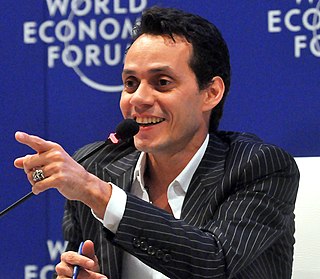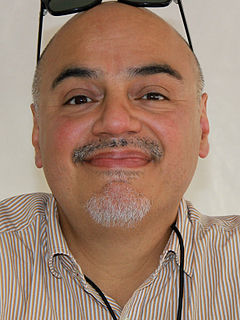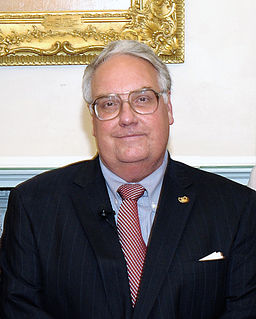A Quote by Daniel Alarcon
There are stories that are by and for Latin Americans, where a certain amount of cultural fluency is expected, where we can delight in the details, the humor, the particularities of speech, of dialects. Something is always lost in translation; we know instinctively that this is the case. A Radio Ambulante story looks at Latin America from the inside.
Related Quotes
If it is an element of liberation for Latin America, I believe that it should have demonstrated that. Until now, I have not been aware of any such demonstration. The IMF performs an entirely different function: precisely that of ensuring that capital based outside of Latin America controls all of Latin America.
I want to bring Americans into some experiences they ordinarily would not consider. Experiences in Latin America, people in Latin America, I want to bring them closer to those people, and I know I have to work extra hard at my craft to reach across these increasing chasms, these gaps that exist between different kinds of Americans, and that's the work of the artist, is to create these works that sort of help us understand our time.
Mexico City is the center of art and culture and politics and has been and continues to be for Latin America in a way that I think really called to me as an artistic person, as someone that was interested in the politics of Latin America, you know. God, every single famous person in Latin American history and art and politics seems to have found their way to Mexico City.
What we've undergone in recent decades worldwide has been totally insane, and all of this is a result of capitalism. The workforce in Latin America was treated as a vulgar instrument for capital accumulation. Mechanisms of exploitation were imposed, such as outsourcing, labor mediation, and the like.The results are plain to see: greater inequality in Latin America; unemployment is higher than in previous decades; we haven't resolved the problem of poverty; we've lost a great deal of sovereignty.







































